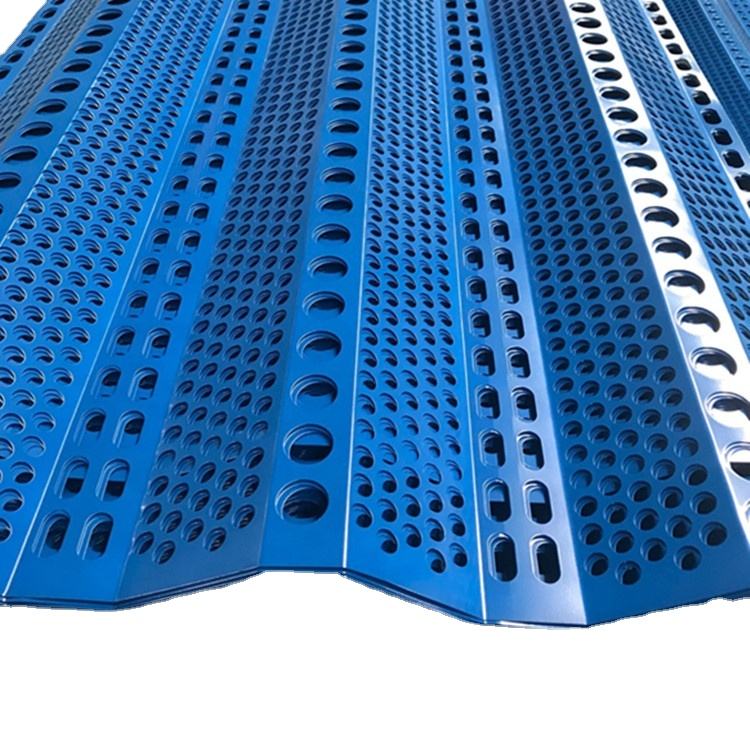Exploring Expanded Stainless Steel Metal Characteristics and Applications
Expanded stainless steel metal has become a vital material in various industries due to its unique properties and versatility. This innovative product is formed by the process of stretching and cutting sheets of stainless steel, producing a mesh-like structure characterized by its lightweight yet sturdy design. The resulting material consists of a series of strands and knuckles that create a series of interconnected openings, offering both strength and flexibility.
Exploring Expanded Stainless Steel Metal Characteristics and Applications
In addition to its corrosion resistance, expanded stainless steel provides excellent airflow and visibility while maintaining structural integrity. The openings in the metal allow for ventilation, which is essential in applications such as architectural screens, fencing, and even ceilings. This airflow capability is particularly desirable in industrial environments where machinery may generate heat, as it helps to maintain optimal operating conditions. Moreover, its transparency can be advantageous in design and architectural applications where aesthetics and functionality must go hand in hand.
expanded stainless steel metal

The mechanical properties of expanded stainless steel also contribute to its widespread usage. The material can absorb impact and withstand heavy loads without compromising its shape or strength. This characteristic is particularly beneficial in applications like walkways, platforms, and safety grates, which must support weight while providing safety and reliability. The durability of expanded stainless steel ensures that it can endure a variety of physical stresses, making it a dependable choice in construction and manufacturing.
Furthermore, the versatility of expanded stainless steel allows for customization. It can be manufactured in various sizes, patterns, and thicknesses to meet specific project requirements. This adaptability makes it a favored option not only in industrial settings but also in artistic and decorative applications. Designers and architects have used expanded stainless steel to create eye-catching elements in buildings, sculptures, and installations, leveraging its unique properties to turn functional materials into works of art.
In terms of maintenance, expanded stainless steel is relatively easy to clean and maintain. Its smooth surface can be wiped down, and its resistance to rust means that it requires less frequent replacement compared to other metals. This quality leads to lower long-term costs and makes it an economical choice for businesses aiming to keep operational expenses in check.
In conclusion, expanded stainless steel metal is a remarkable material that successfully combines durability, flexibility, and aesthetic appeal. Its corrosion resistance ensures longevity in harsh environments, while its lightweight structure allows for various applications across multiple industries. From architectural designs to industrial machinery, the uses for expanded stainless steel are vast and ever-expanding. As technology continues to advance and the demand for sustainable, high-performance materials grows, expanded stainless steel will undoubtedly play an integral role in the future of manufacturing and construction.
-
The Strength and Versatility of Aluminum Expanded Metal Mesh
NewsJun.10,2025
-
Safety Guards and Machine Enclosures Using Expanded Mesh
NewsJun.10,2025
-
Performance with Round Hole Perforated Mesh in Wall Panels
NewsJun.10,2025
-
How Steel Grating Trench Covers Distribute Weight Efficiently
NewsJun.10,2025
-
How Deck Mesh Railing Enhances Backyard Aesthetics
NewsJun.10,2025
-
Comparing Bar Thickness and Spacing in Steel Grating
NewsJun.10,2025
Subscribe now!
Stay up to date with the latest on Fry Steeland industry news.

